We use cookies to ensure you get the best browsing experience. By continued use, you agree to our privacy policy and accept our use of such cookies. For further information, click FIND OUT MORE.
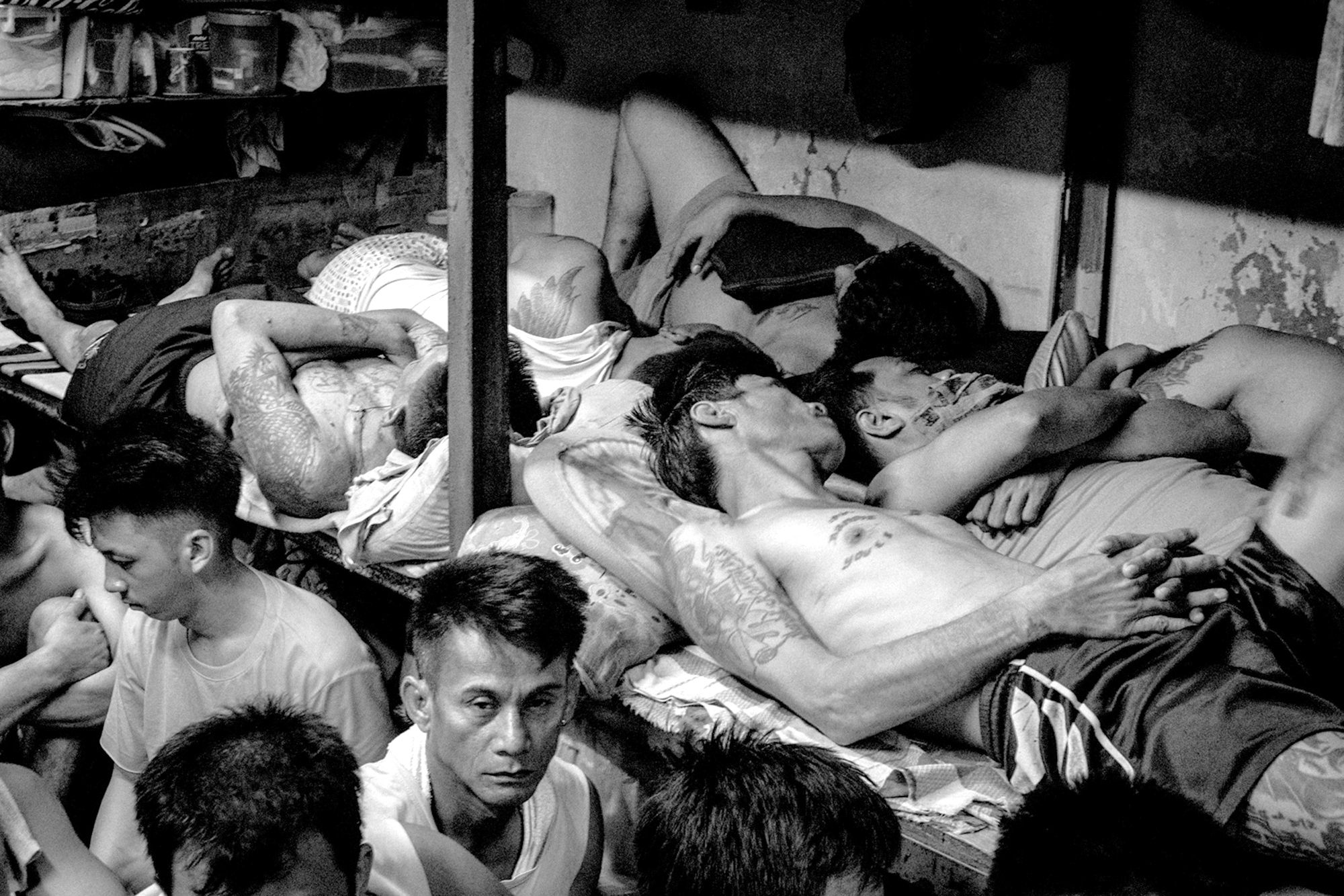
Editor’s Note: In the midst of the threat of COVID-19 in the Philippines, rights groups have sounded the alarm about the vulnerability of those in the country’s detention facilities. Last week, a male inmate at the Quezon City Jail died, possibly of the disease, with the city’s health department conducting a probe.
The situation inside the country’s jails have long been a cause of concern. In 2018, documentary photographer Rick Rocamora published the book "Human Wrongs" to capture the plight of persons deprived of liberty (PDLs). We are republishing these haunting images from Rick’s book to serve as a reminder of the vulnerability of the detainees amid the COVID-19 threat.
Based on current reports, the number of detainees incarcerated in the Philippines’ penal system is still above 500 percent overcapacity. This does not include those kept in police station awaiting commitment to city or provincial jails.
As the nation copes with the impact of COVID-19 with an enhanced community quarantine, the threats to the lives of those incarcerated can only be described as daunting at the highest level, because social distancing is impossible to achieve in overcrowded detention centers bursting at the seams.
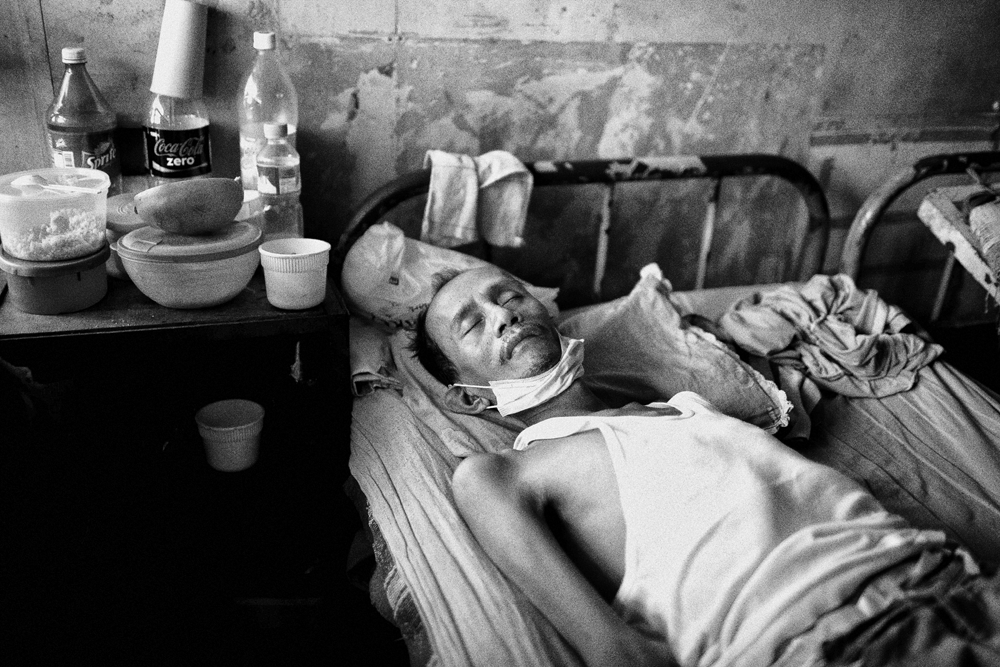
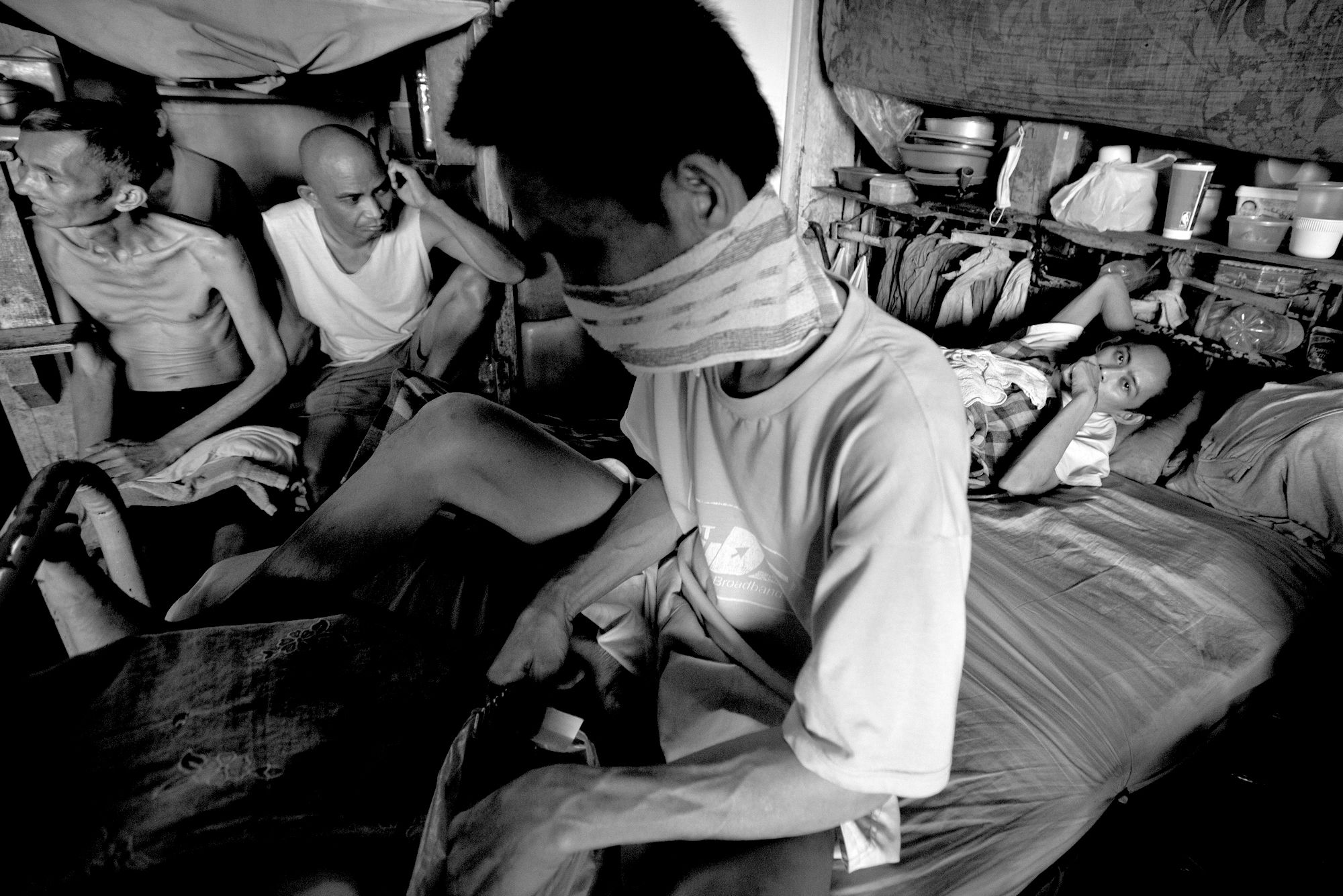
In many jails, the detainees have not yet been convicted of the crimes with which they are charged. They are still awaiting trials or sentencing. They face possible death if they are not protected from the spread of COVID-19.
Even before the COVID-19 crisis, deaths of persons denied of liberty (PDLs) have been reported at very alarming rate. This crisis will put them in defenseless conditions and may result to more deaths.
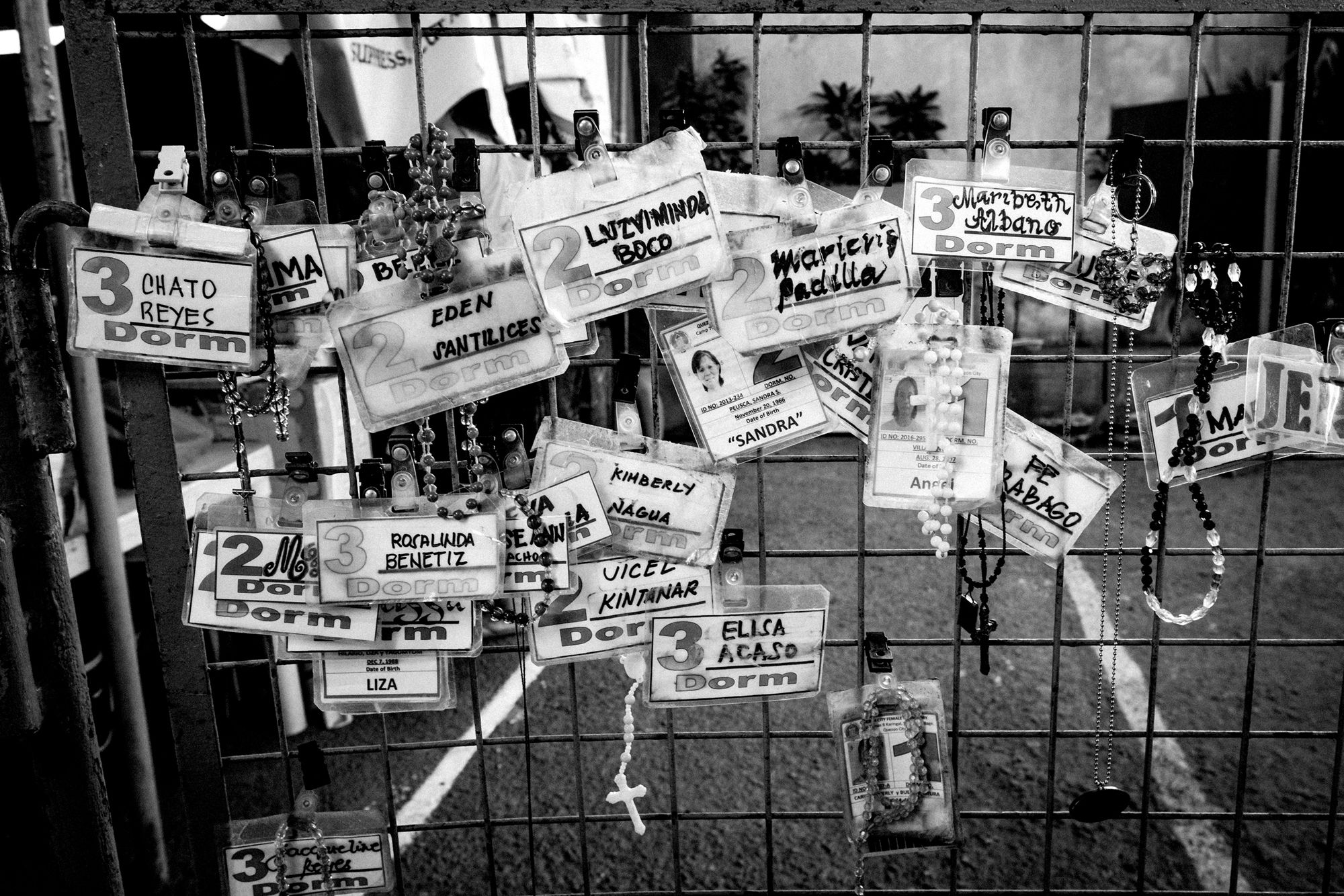
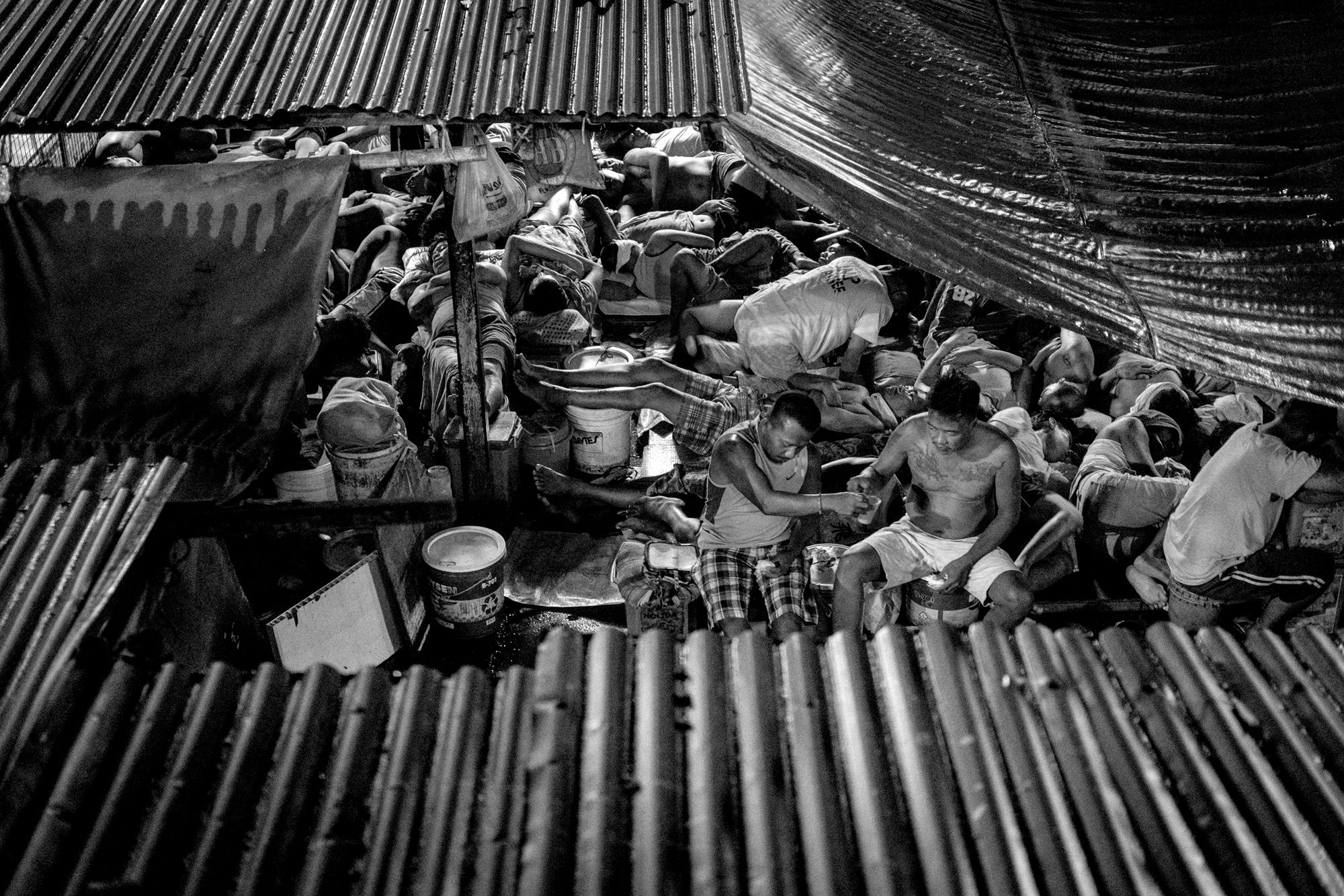
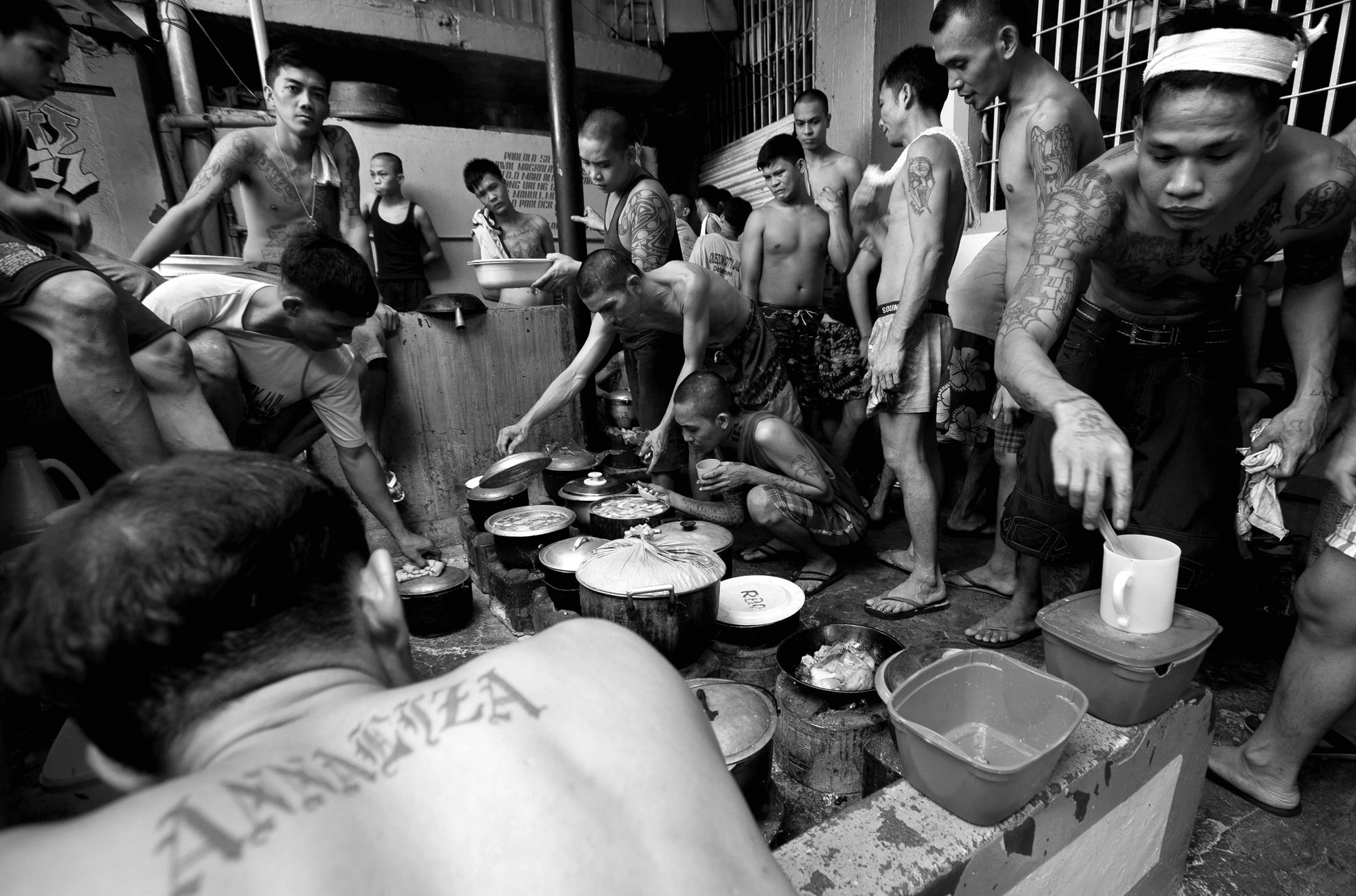
Adding to their misery is the quarantine, which has put on hold the Philippines’ court system. With no hearings scheduled, the detainees’ incarceration may be extended as the wheels of justice come grinding to a halt.
Each inmate gets an allowance of P60 per day for their food, which barely meets their daily needs. In many cases, additional food delivered during visits by relatives supplement their daily food intake. With the lockdown, the health threat is compounded by hunger and lack of nutritious meals.
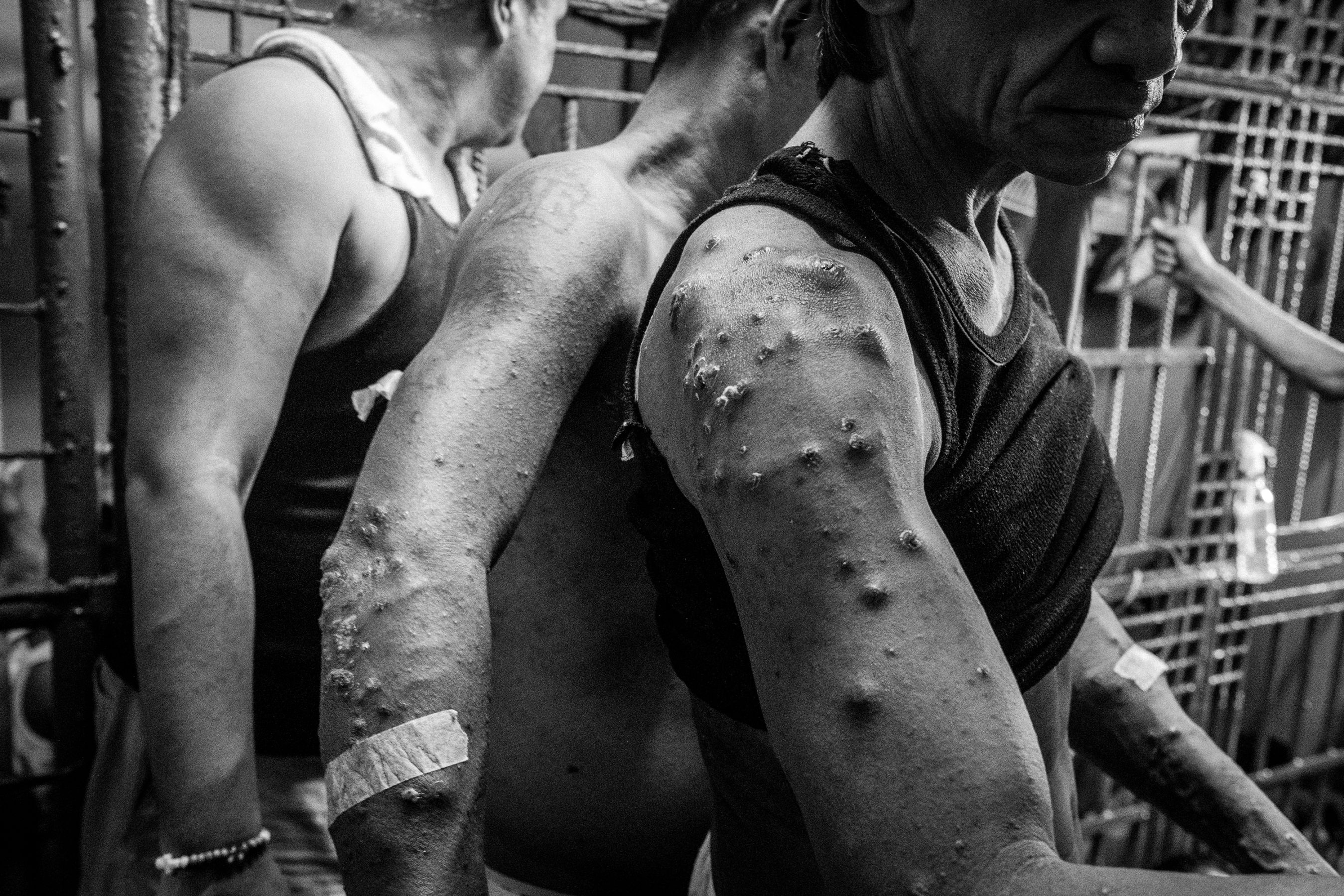
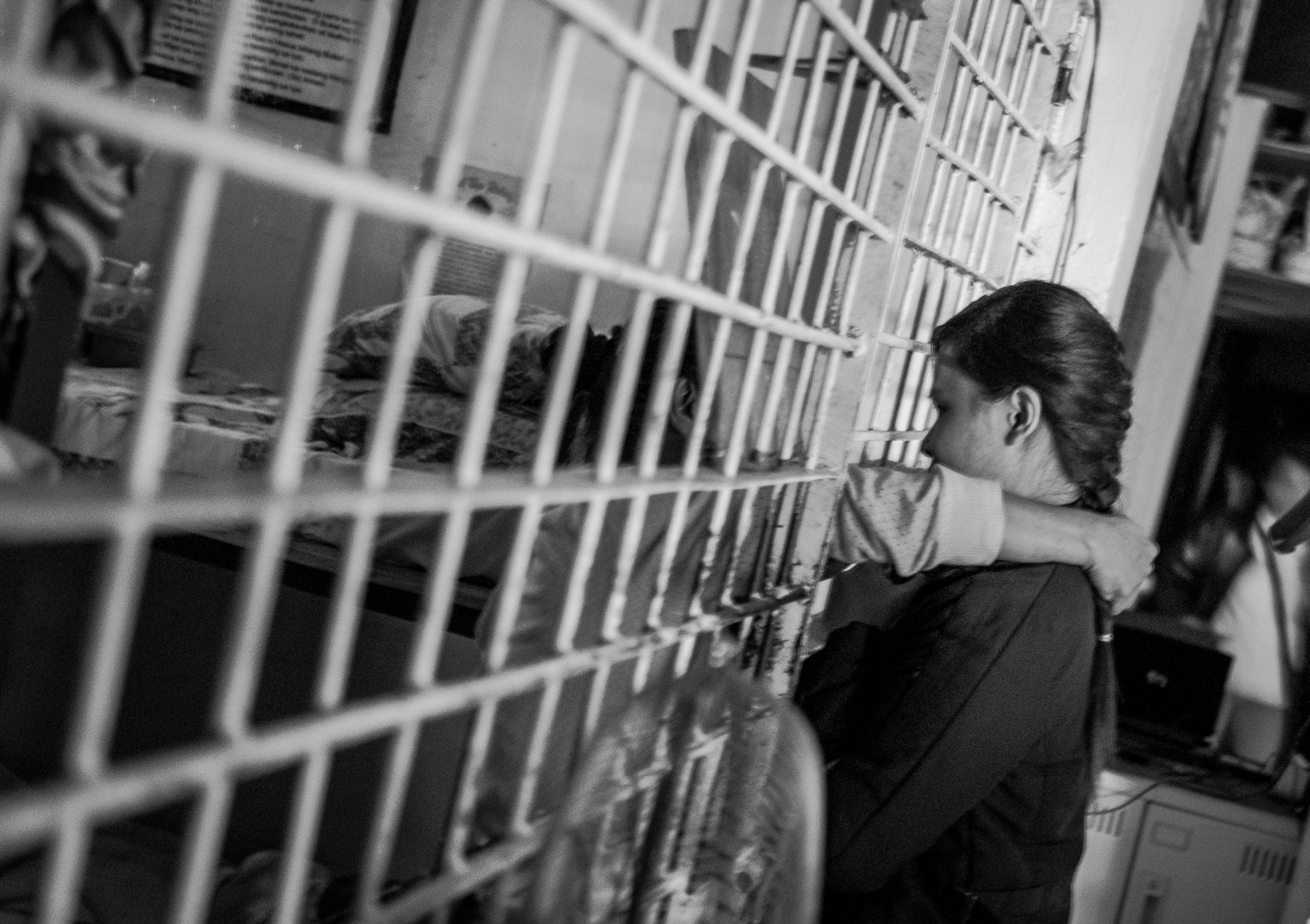
The government, the courts, and legislative bodies must find a way to reduce overcrowding. The decriminalization of some offenses with very low bail requirements can be considered. This requires immediate attention because of it may cost many lives. Already, rights groups have made a call to decongest prisons.
The United Nations also made a plea to countries to find a way to unclog detention centers by releasing detainees who are vulnerable, the elderly, and low-risk offenders.
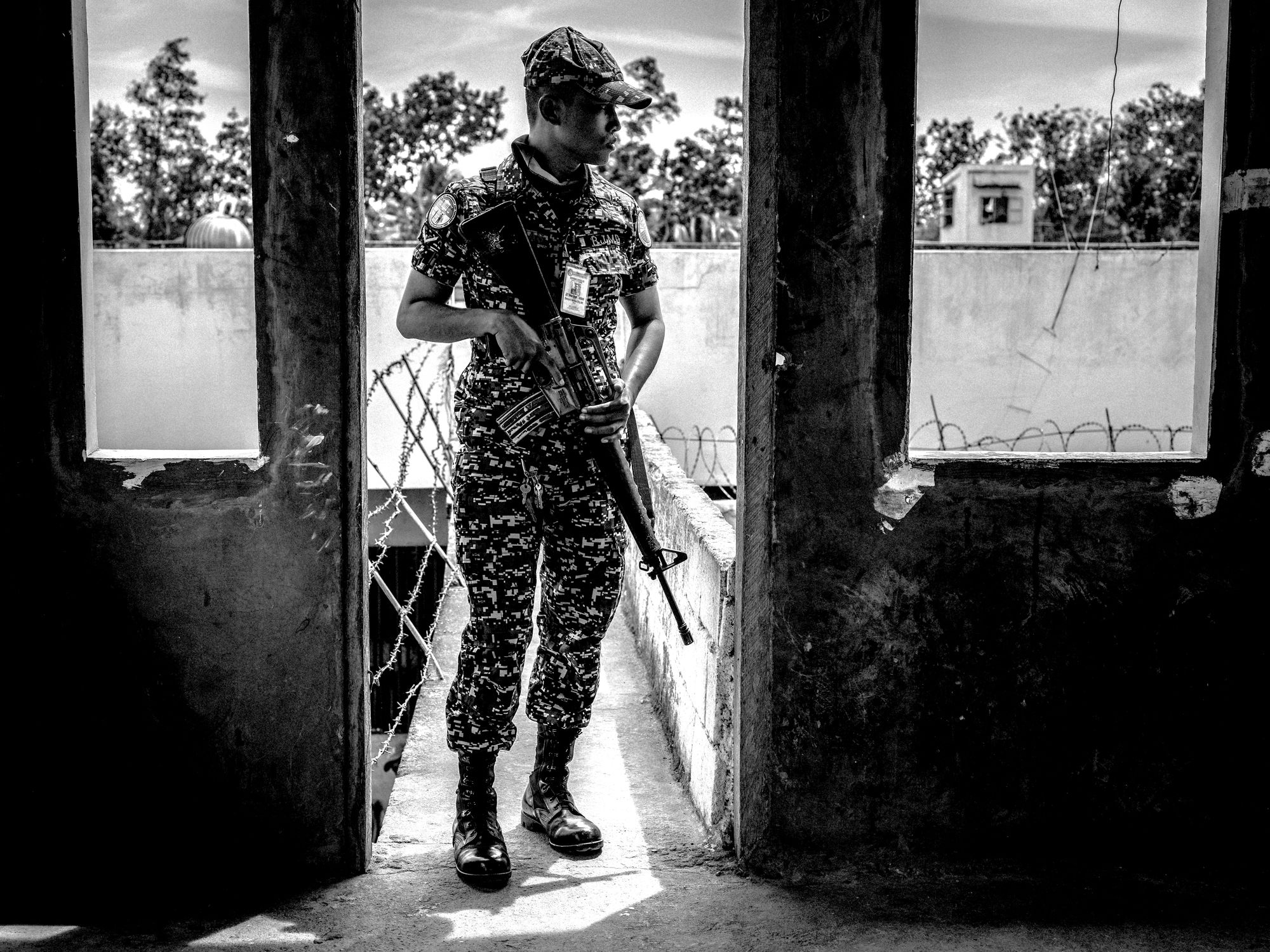
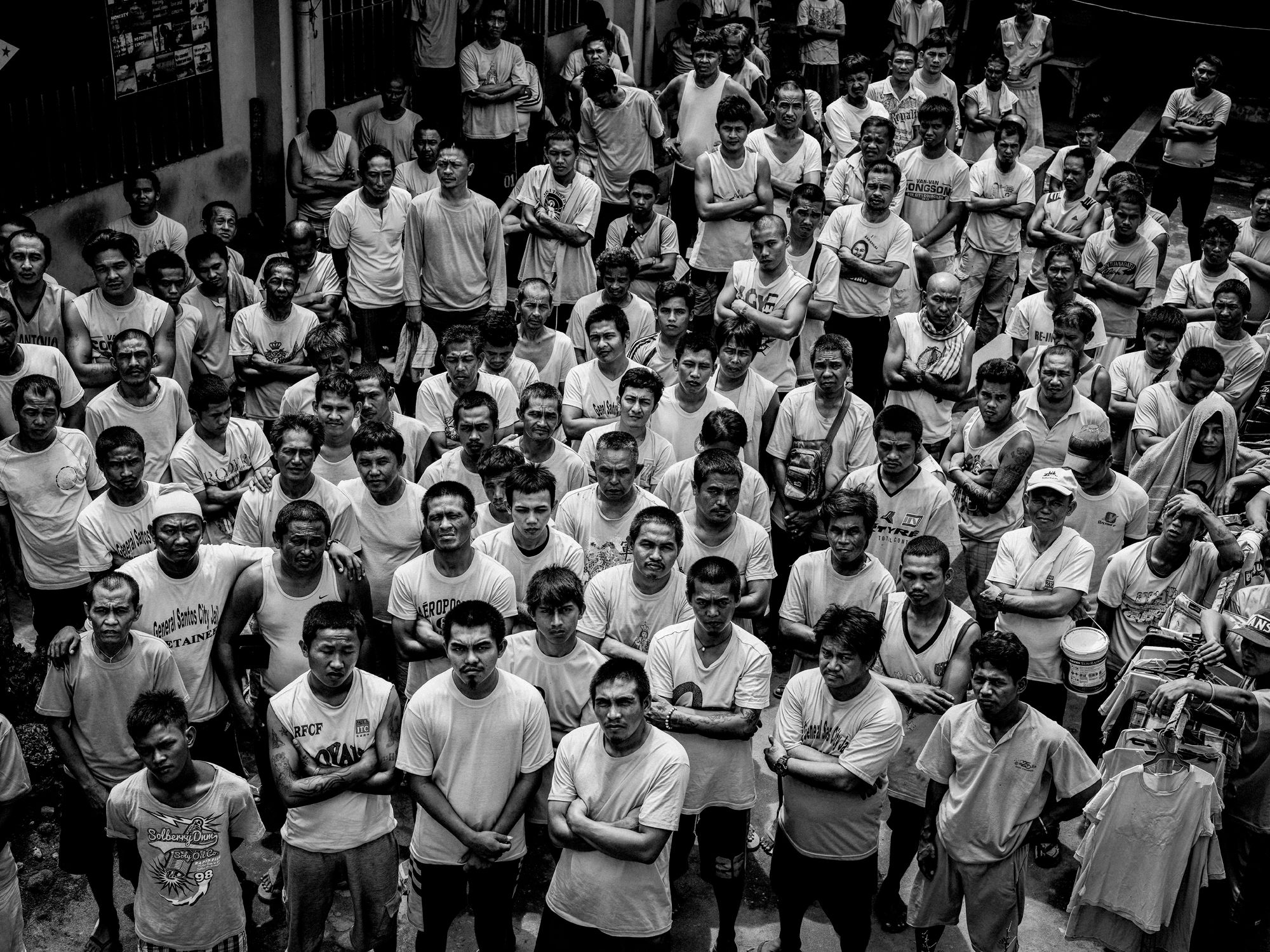
Wardens who are responsible for the welfare of PDLs are also risking their lives and those of their families, for the doing their jobs without enough protection from the virus. Their needs for personal protection against contamination remains under the radar and must be addressed by authorities. Perhaps, they need to be included among those who will get hazard pay during the quarantine, which has been extended until at least April 30.
Perhaps, too, donors may consider giving food supplies, masks, and other needs to those in jail. It may not be a popular idea at the moment, but the concept of donation should not be defined by the donor but those who are in most need.
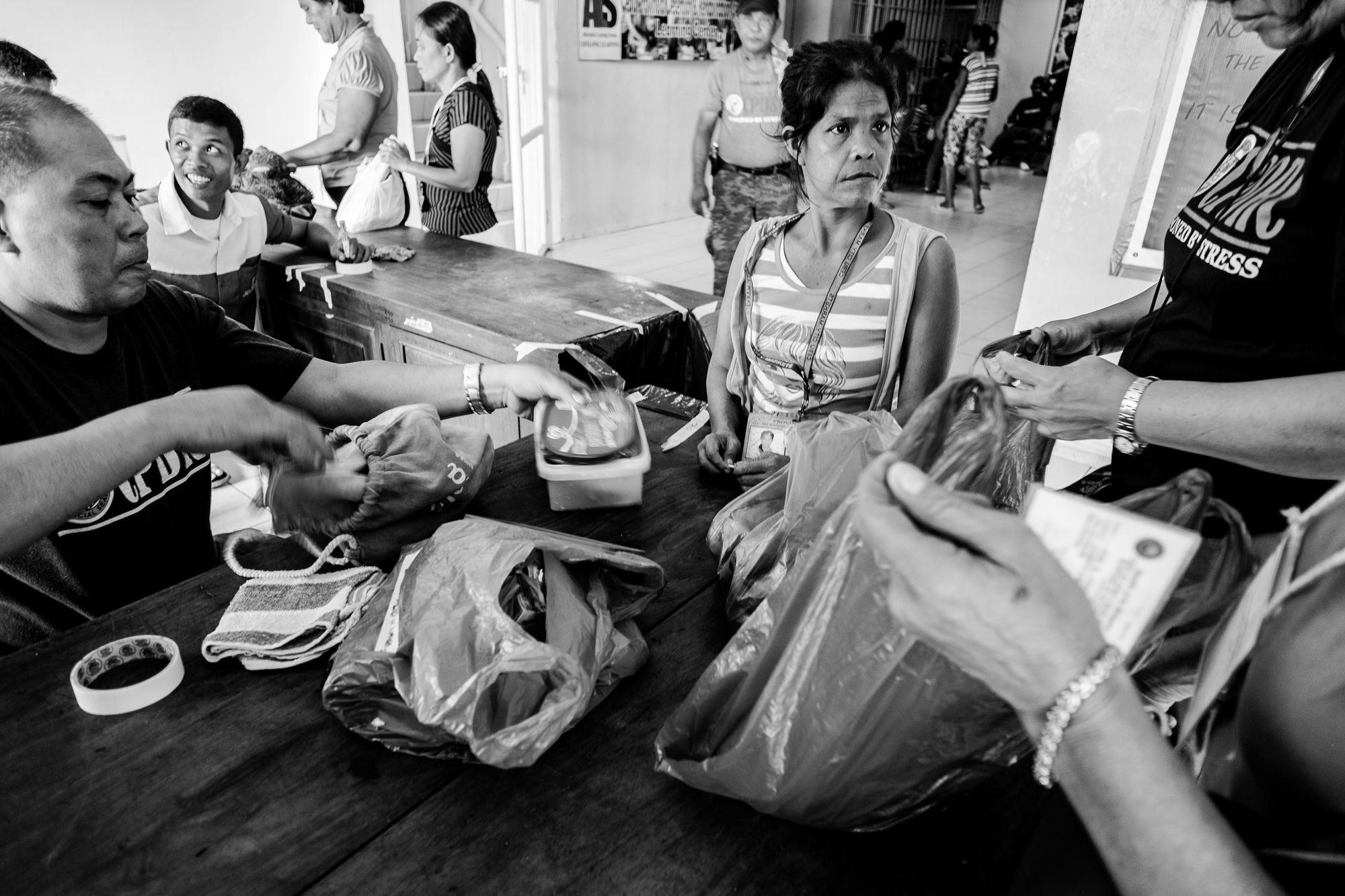
Rick Rocamora is an award-winning documentary photographer and author of four photo books: Filipino WWII Soldiers: America’s Second Class Veterans; Blood, Sweat, Hope and Quiapo: Rodallie S. Mosende Story; Human Wrongs; and Alagang Angara.
His work is part of the permanent collection of the San Francisco Museum of Modern Art, U.S. State Department Art in Embassies Program, and private and institutional collectors. His work is widely exhibited in national and international museums and galleries, published in print and online and aired in various broadcast news outlets.
In the Philippines, his work had been exhibited at the Cultural Center of the Philippines, Ben Cab Museum, Vargas Museum, and Ateneo Art Gallery. His exhibition, Bursting at the Seams: Inside Philippine Detention Centers won national and international awards for Filipinas Heritage Gallery of the Ayala Museum.
Before pursuing a career in documentary photography, he worked in sales, marketing, and management positions for the US pharmaceutical industry for 18 years.